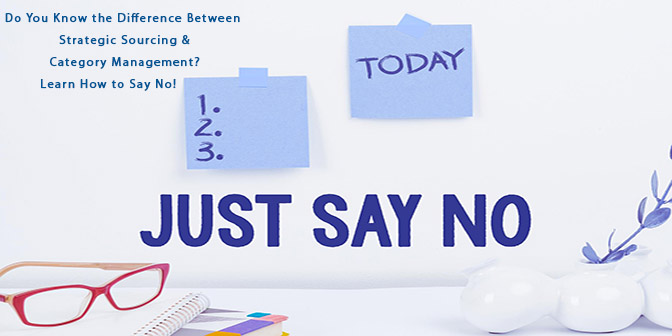I have admittedly NEVER been good at this. I am the consummate first child who has always been a people pleaser. As such, I find myself in situations where I have agreed to do more than any human should ever volunteer to do. Those around me, professionally and personally have figured out that I will never say NO, so I always find way more of my fair share of the work on my side of the desk. I often wear this as badge of honor but being overbooked is usually not a good thing.
We all know this person, they raise their hand whenever the opportunity presents itself and this can be a great way to build a network, credibility, and hone new skills. But you simply can’t do everything, so boundary management needs to be another skill you acquire. I saw this article in HBR entitled “How to Say “No” After Saying “Yes” that talks about the ability to say No. It is an important skill that both individuals and teams MUST have. The article focuses on saying NO after you already said YES but there are lessons to be learned about how to prioritize what you should get involved in.
Consider the Cost
If you say No, will you be sacrificing:
o helping your boss with a new initiative that is important to her / him
o your relationship with your boss
o exposure to other parts of the company
o the ability to build social capital or new skills
If you say YES, will you be sacrificing:
o the quality of what you already have on your plate
o your own self-esteem (knowing you say YES even when you should not)
o your physical health
o your mental well-being
If you have already said YES and need to change to a NO consider:
Shifting your Perspective
Consider the positive traits when you back out with grace
o display strong leadership
o you exhibit strong prioritization and time management skills
o acknowledge your limitations and attention to quality
o you practice having difficult conversations
Being Diplomatic but Truthful
When the time comes to deliver your message
o be assertive and clear
o be direct, thoughtful and honest
o with a brief justification
Offering an Alternative
Consider
o offering to change the timeline or to reschedule for a new date
o offering someone else to take on the role
o offering other resources to help them find a replacement
Lastly, learn from it! The single biggest issue with overcommitting from an individual or team perspective is the feeling of frustration and incompetence by trying to juggle too many balls simultaneously and feeling like you are not doing ANY of them well. These feelings can manifest themselves into exhaustion and resentment which will just continue to build. The quality of everything you do will suffer and that is the worst thing you can do for your reputation. Here are a few things to think about:
o Understand your limitations
o Delegate, delegate, delegate – get others to help
o Look at everything you have on your plate and prioritize
o Take some time off for self-care – this is a big deal right now in the era of COVID
o Be willing to say NO
These are very difficult times for us all. For most of us, we no longer have an office we go into from 8 to 5. That has extended our day significantly and also added to our stress levels. The best advice I can give to you and Me is to learn how to say NO.
Let us know what you think and join in the conversation . . . . . . .


